Find Help
More Items From Ergsy search
-

BSL Pelvic inflammatory disease (PID)
Relevance: 100%
-

Understanding Your Sexual Health - Pelvic Inflammatory Disease
Relevance: 90%
-

Pelvic health: prolapse
Relevance: 47%
-

Pelvic health: prolapse
Relevance: 47%
-
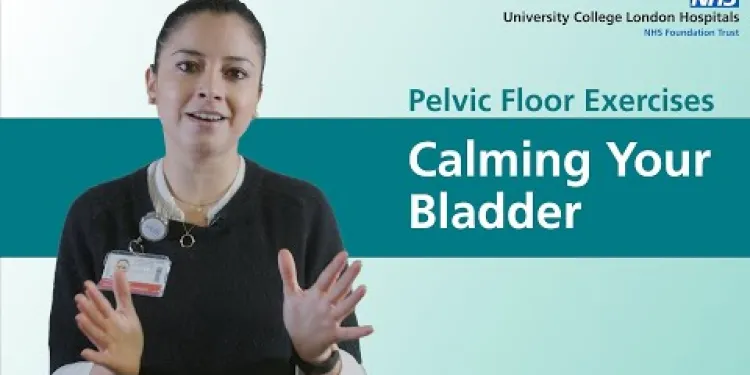
Pelvic Floor Exercises - Using Your Pelvic Floor to Calm Down Your Bladder
Relevance: 44%
-
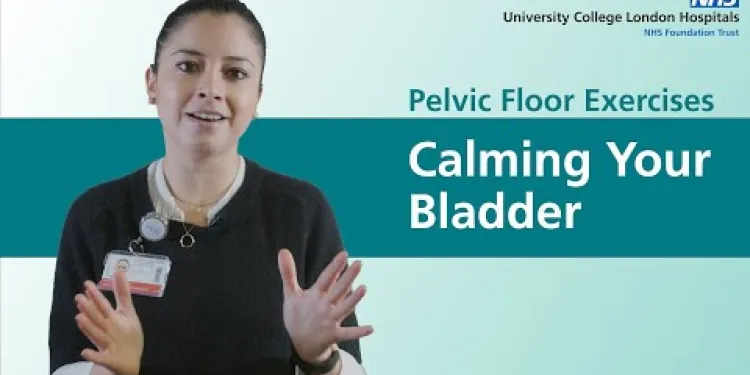
Pelvic Floor Exercises - Using Your Pelvic Floor to Calm Down Your Bladder
Relevance: 44%
-
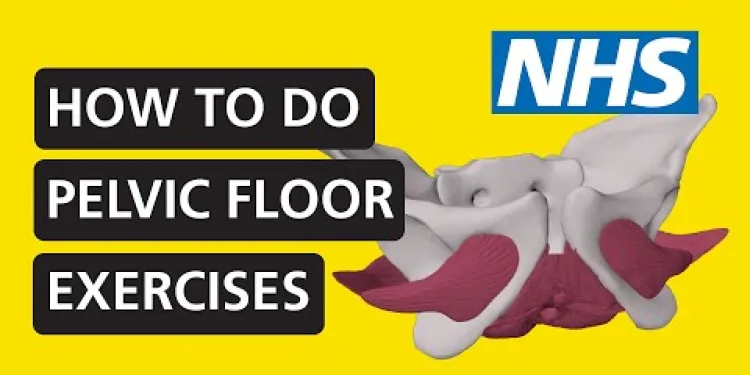
How to do pelvic floor exercises | NHS
Relevance: 43%
-

The Pelvic Floor Muscles - Developing an Exercise Programme
Relevance: 42%
-

Pelvic health: Urge Incontinence
Relevance: 41%
-

Your pelvic health matters: insights from NHS clinicians
Relevance: 40%
-

Pelvic Girdle Pain Advice Class
Relevance: 39%
-

Pelvic health: stress urinary incontinence
Relevance: 39%
-

Mat and gym ball exercises with pregnancy related Pelvic Girdle Pain
Relevance: 34%
-
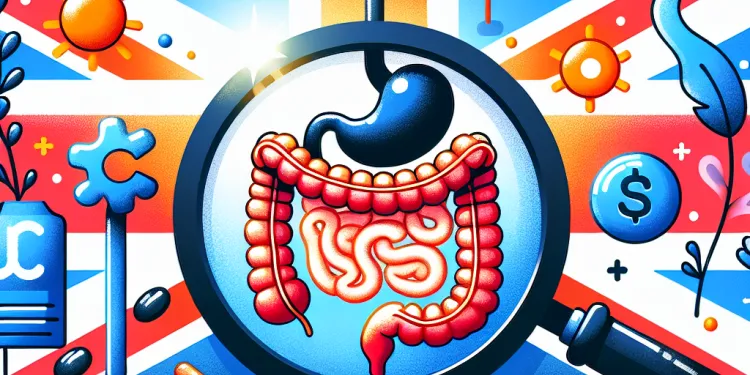
Is there a cure for Crohn's disease?
Relevance: 34%
-
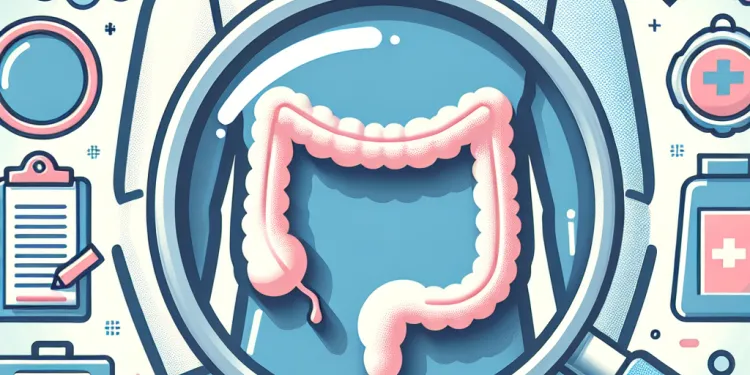
How is Crohn's disease diagnosed?
Relevance: 32%
-
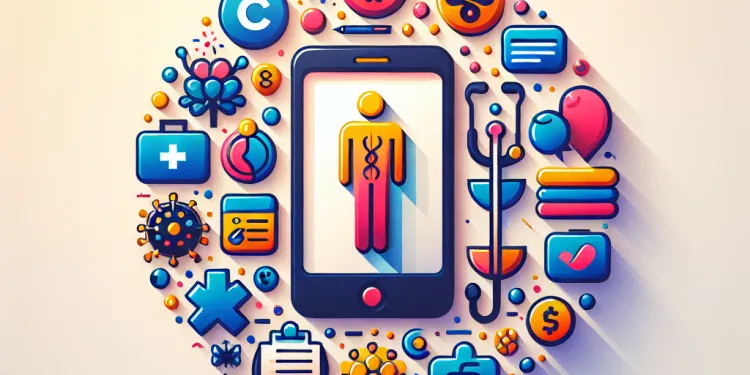
Is Crohn's disease contagious?
Relevance: 32%
-
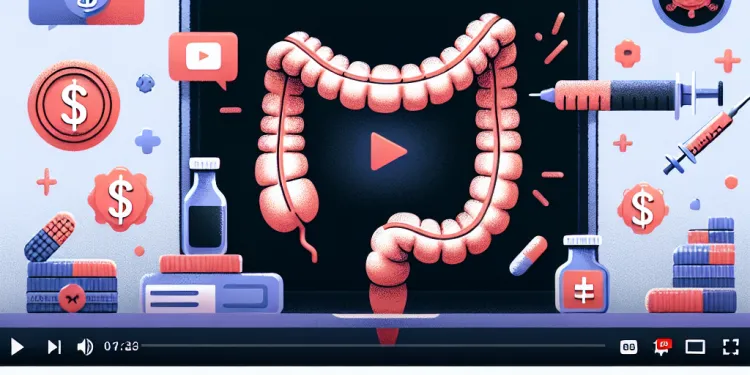
What causes Crohn's disease?
Relevance: 31%
-

What is the best diet for Crohn’s disease?
Relevance: 31%
-
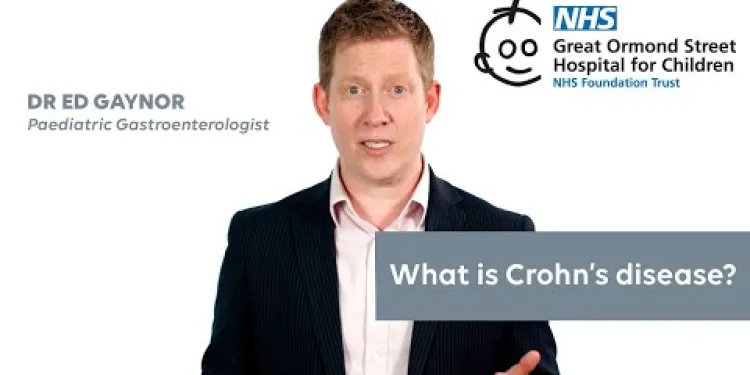
What is Crohn’s disease and how is it treated?
Relevance: 30%
-

Can children develop Crohn's disease?
Relevance: 29%
-
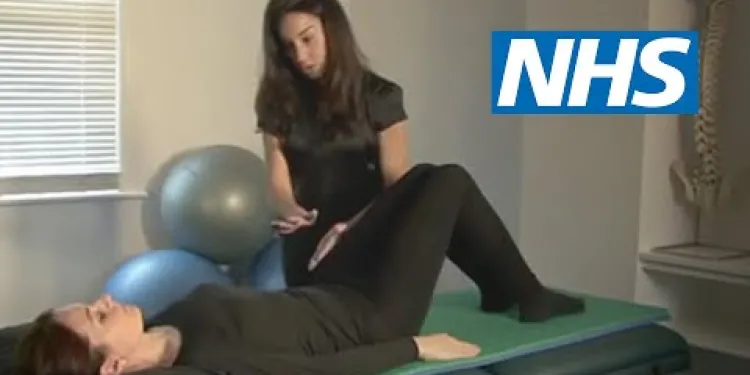
Exercises for sciatica: degenerative disc disease | NHS
Relevance: 29%
-
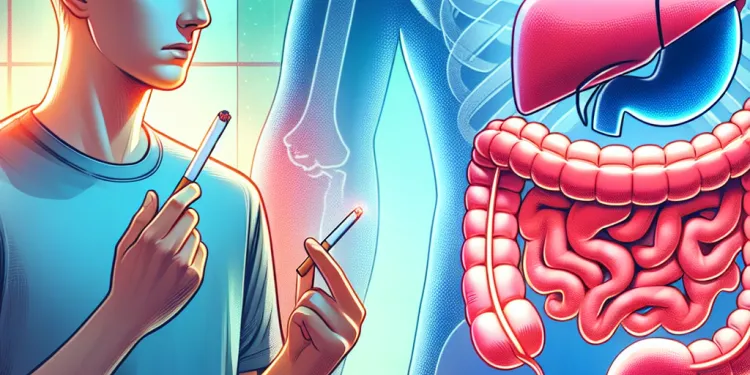
How does smoking affect Crohn's disease?
Relevance: 29%
-

Are there any long-term effects of gonorrhoea?
Relevance: 28%
-
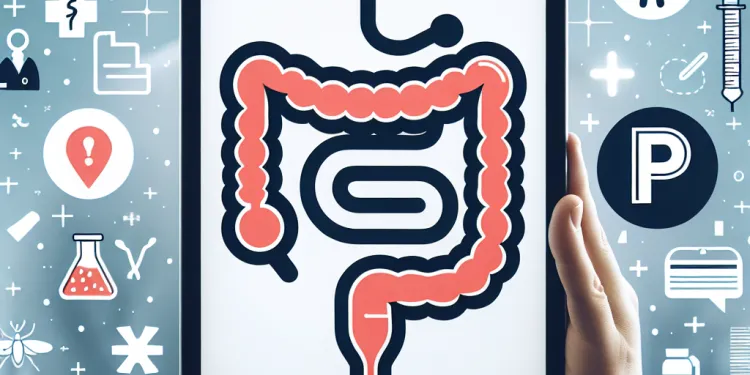
Is surgery necessary for Crohn's disease?
Relevance: 27%
-
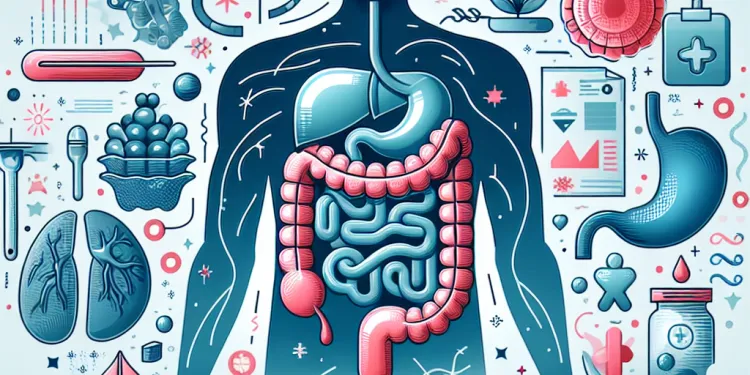
Are there any complications associated with Crohn's disease?
Relevance: 27%
-
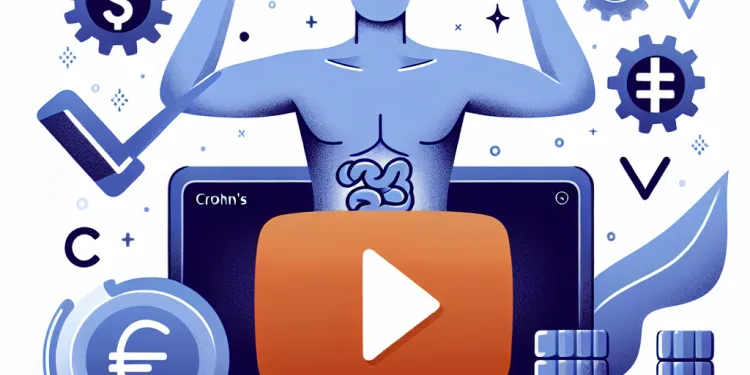
What are the common symptoms of Crohn's disease?
Relevance: 26%
-
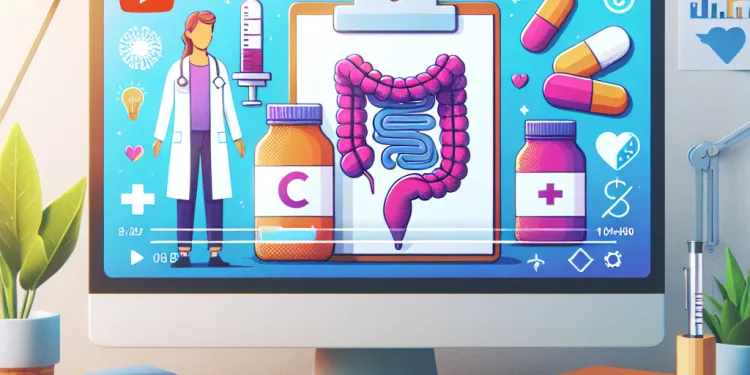
What treatments are available for Crohn's disease?
Relevance: 26%
-

Can stress make Crohn's disease worse?
Relevance: 26%
-
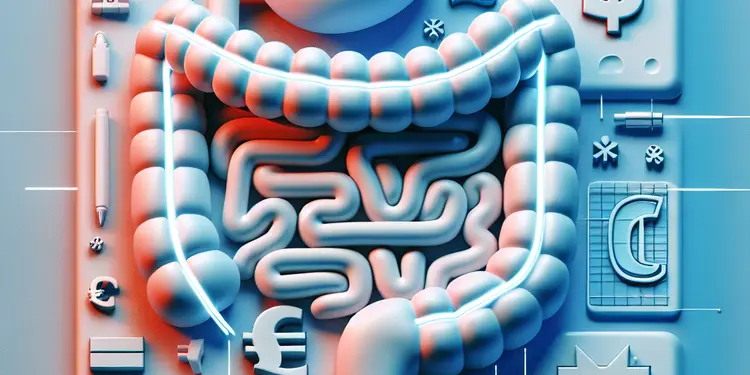
Are there specific gut-related diseases that become more common with age?
Relevance: 25%
-

Coeliac Disease: Session 1: What is Coeliac Disease?
Relevance: 25%
-
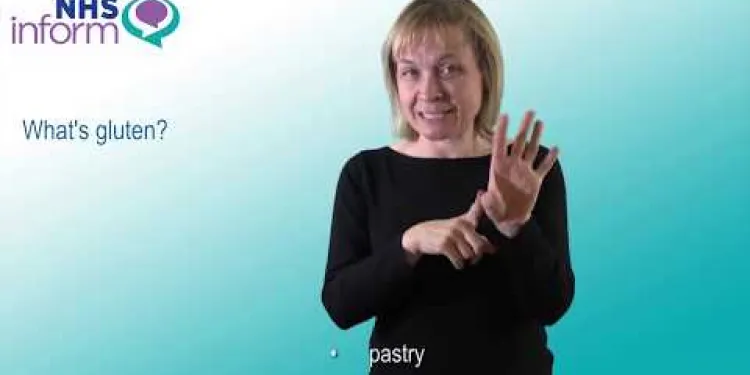
Coeliac disease
Relevance: 25%
-

What dietary changes can help manage Crohn's disease?
Relevance: 24%
-

What causes Alzheimer's disease?
Relevance: 24%
-
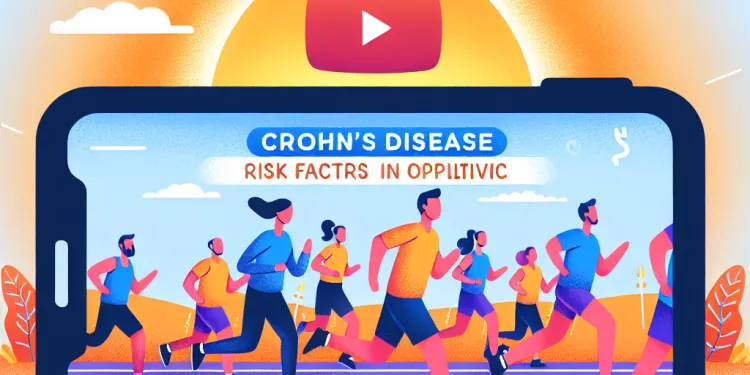
Who is at risk of developing Crohn's disease?
Relevance: 24%
-

What is Lyme Disease?
Relevance: 24%
-
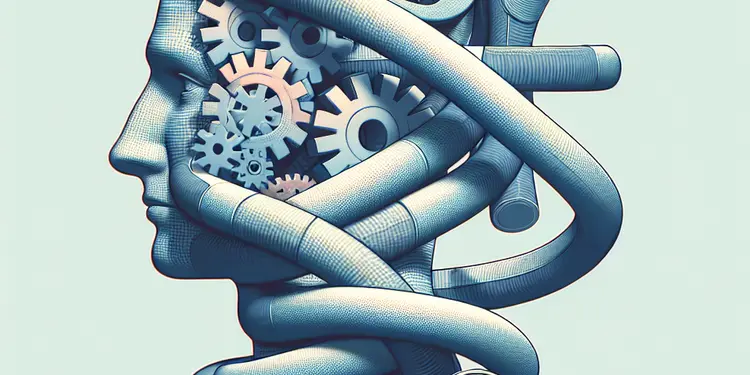
Is Huntington's disease fatal?
Relevance: 24%
-

Liver disease | NHS
Relevance: 24%
-
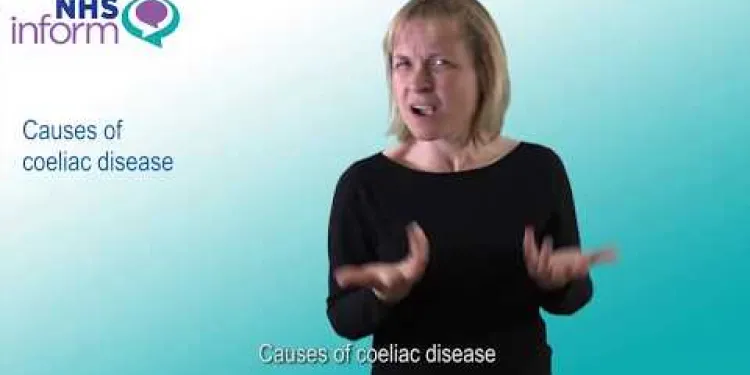
Causes of coeliac disease
Relevance: 24%
-

What is Huntington's disease?
Relevance: 23%
-

Lyme disease: What is it?
Relevance: 23%
Understanding Pelvic Inflammatory Disease (PID)
What is Pelvic Inflammatory Disease (PID)?
Pelvic Inflammatory Disease (PID) is an infection of the female reproductive organs. This condition can affect the uterus, fallopian tubes, and ovaries. It is often caused by sexually transmitted bacteria, such as chlamydia and gonorrhoea, but non-sexually transmitted infections can also be responsible. Early diagnosis and treatment are essential to prevent complications, which may include chronic pelvic pain, infertility, and ectopic pregnancy.
Signs and Symptoms
The symptoms of PID can vary from mild to severe. Common signs include:
- Pain in the lower abdomen or pelvis
- Unusual vaginal discharge with an unpleasant odour
- Pain during intercourse
- Irregular menstrual bleeding
- Fever and chills
- Painful or difficult urination
Some women may not experience noticeable symptoms, making regular sexual health check-ups crucial for early detection.
Diagnosis and Treatment
Diagnosing PID typically involves a medical history review, physical examination, pelvic exam, and laboratory tests to identify the causative bacteria. Imaging tests like ultrasounds can also be utilised to assess the extent of the infection. Treatment usually involves a course of antibiotics to eliminate the infection. In severe cases, hospitalisation and intravenous antibiotics may be necessary. It is vital to complete the entire course of prescribed antibiotics to prevent recurrence.
Prevention
Preventing PID involves practising safe sex and regular screening for sexually transmitted infections (STIs). The use of barrier contraception, such as condoms, can significantly reduce the risk of STIs and subsequent PID. Additionally, maintaining regular sexual health check-ups, especially if under the age of 25 or having multiple sexual partners, is recommended. Prompt treatment of any detected STI is crucial to prevent the spread and development of PID.
Conclusion
Pelvic Inflammatory Disease (PID) is a serious condition that can lead to long-term health complications if left untreated. Awareness of symptoms, early diagnosis, and effective treatment are key in managing PID. Practising safe sex and regular health check-ups play crucial roles in prevention. If you experience any signs or symptoms of PID, it is important to seek medical advice promptly.
Understanding Pelvic Inflammatory Disease (PID)
What is Pelvic Inflammatory Disease (PID)?
Pelvic Inflammatory Disease, or PID, is an illness that affects women. It happens when the female organs like the uterus, tubes, and ovaries get infected. This is usually caused by germs from illnesses that can be shared through sex, like chlamydia and gonorrhoea, but sometimes it happens without those illnesses. It's important to find out and treat PID early to stop problems like long-lasting pain, trouble having babies, or babies growing in the wrong place.
Signs and Symptoms
The symptoms of PID can be different for everyone. Some common signs are:
- Pain in the lower belly area
- Discharge from the vagina that smells bad
- Pain when having sex
- Bleeding from the vagina at times when you don't expect it
- Fever and feeling cold
- It hurts or is hard to pee
Some women might not notice any symptoms. This is why it’s important to have regular health check-ups.
Diagnosis and Treatment
To find out if someone has PID, doctors will ask questions, do a checkup, and may do some tests. They might look inside with a special test called an ultrasound. The main treatment for PID is medicine called antibiotics, which fight the infection. Sometimes, if it's very bad, you might have to stay in the hospital to get stronger medicine. It is very important to take all the medicine the doctor gives you, even if you start feeling better.
Prevention
There are ways to help stop PID. Practice safe sex, like using condoms, and getting checked for sex-related illnesses regularly. This is very important if you have new or more than one partner. Using protection during sex lowers the chance of getting these illnesses and getting PID. If you do find out you have a sexually transmitted infection (STI), getting treated quickly helps prevent PID.
Conclusion
Pelvic Inflammatory Disease (PID) is a serious health problem for women. If not treated, it can cause big health issues later. Knowing the signs, getting checked by a doctor, and being treated are very important. Safe sex and regular health check-ups can help prevent PID. If you think you have any signs of PID, it’s important to see a doctor right away.
Frequently Asked Questions
What is Pelvic Inflammatory Disease (PID)?
Pelvic Inflammatory Disease (PID) is a bacterial infection of the female reproductive organs, including the uterus, fallopian tubes, and ovaries.
What are the common symptoms of PID?
Symptoms of PID can include lower abdominal pain, unusual vaginal discharge, pain during intercourse, irregular menstrual bleeding, and fever.
How is PID diagnosed?
PID is diagnosed through a combination of a pelvic examination, analysis of vaginal discharge, urine tests, and sometimes ultrasound or laparoscopy.
What causes PID?
PID is often caused by sexually transmitted infections (STIs), particularly chlamydia and gonorrhoea. It can also result from bacteria entering the reproductive tract via childbirth, abortion, or a medical procedure.
How is PID treated?
PID is typically treated with a course of antibiotics. It is important to complete the entire course of medication even if symptoms subside early.
Can PID be prevented?
Practising safe sex, including the use of condoms, regular STI screenings, and ensuring that sexual partners are treated for STIs can help in preventing PID.
Can PID affect fertility?
Yes, untreated PID can cause scarring and damage to the fallopian tubes, increasing the risk of infertility, ectopic pregnancy, and chronic pelvic pain.
Is PID contagious?
While PID itself is not contagious, the bacteria that cause it can be sexually transmitted.
What should I do if I suspect I have PID?
If you suspect you have PID, seek medical attention promptly. Early treatment can prevent serious complications.
Can men get PID?
No, men cannot get PID as it only affects female reproductive organs. However, men can carry and transmit the bacteria that cause PID.
Does PID always cause symptoms?
Not necessarily. Some women with PID may have mild symptoms or none at all, which can make it challenging to diagnose.
Can PID recur?
Yes, PID can recur, especially if the underlying cause, such as an STI, is not adequately treated or if there are risk factors present.
What is the role of laparoscopy in diagnosing PID?
Laparoscopy allows doctors to directly view the reproductive organs and assess any damage or inflammation, making it a useful diagnostic tool for PID.
Are there any long-term effects of PID?
Long-term effects of PID can include chronic pelvic pain, ectopic pregnancy, and infertility due to damage to the reproductive organs.
Can PID be cured?
Yes, with appropriate antibiotic treatment, PID can be cured. However, any damage to the reproductive organs caused before treatment may be irreversible.
What is Pelvic Inflammatory Disease (PID)?
Pelvic Inflammatory Disease, or PID, is an illness that affects the lower part of a woman's belly. It can cause pain and may make it hard to have babies later.
Here are some tips to help understand:
- Read slowly. Take your time to understand each word.
- Use a computer or phone to read out loud. Hearing the words can help.
- Ask someone you trust to read with you or explain any hard parts.
Pelvic Inflammatory Disease, or PID, is when germs make the woman's body parts sick. These parts are the uterus, fallopian tubes, and ovaries.
What are the common signs of PID?
PID stands for Pelvic Inflammatory Disease. It is an infection in the body.
Here are signs that someone might have PID:
- Pain in the lower belly
- Fever
- Smelly discharge from private parts
- Pain during sex
- Bleeding between monthly periods
If you think you have signs of PID, talk to a doctor.
Need help reading? Try using a text-to-speech tool. It can read the text out loud for you.
Signs of PID can be:
- Pain in your belly
- Discharge from your vagina that looks different
- Pain when you have sex
- Bleeding that is not regular
- Having a fever
If you're having trouble with reading, try using text-to-speech tools that can read the words out loud for you. You can also ask someone you trust for help.
How do doctors find out if someone has PID?
Doctors find out if you have PID by doing different tests. They will check inside your tummy and look at your pee. They might also check the fluids down there. Sometimes, they use special pictures like an ultrasound to see inside your body. They might also use a tiny camera for a closer look.
What makes PID happen?
PID can happen because of infections you get from sex. These are called STIs. Two common STIs that can cause PID are chlamydia and gonorrhoea. PID can also happen if germs get into your body during having a baby, an abortion, or a medical check-up.
How is PID treated?
Doctors help treat PID with medicine. This medicine is called antibiotics. It fights germs that make you sick.
Sometimes, you might need to go to the hospital. This can happen if you are very sick. The doctors can take care of you there.
After taking your medicine, you need to go back to the doctor. This is to check that you are getting better.
Ask a friend or family member to help you understand what the doctor says. You can also use tools like voice recorders to help remember doctor's instructions.
Doctors use medicine called antibiotics to help fix PID. It is important to take all the medicine the doctor gives you, even if you start to feel better before it's all gone.
Can PID be stopped?
To stop PID, it's good to have safe sex. This means using condoms. You should also go for regular health checks for STIs. Make sure any sexual partners get treated for STIs too.
Can PID make it hard to have a baby?
PID means pelvic inflammatory disease. It is an illness women can get. It can cause problems with having babies.
If you have PID, it might be harder to get pregnant. Getting treatment from a doctor can help. It is important to see a doctor if you feel sick.
Try using tools like picture charts or talking to someone you trust to understand better.
Yes, if PID (Pelvic Inflammatory Disease) is not treated, it can hurt the fallopian tubes. This can make it hard to have a baby, cause babies to grow in the wrong place, and make your belly hurt all the time.
Do you want help understanding this? Try using pictures or videos, and talk to a doctor or someone you trust.
Can PID Spread to Other People?
PID is not something you can catch from someone else. But the germs that can cause PID can be passed from one person to another through sex.
What should I do if I think I have PID?
If you feel sick and think it might be PID, please see a doctor. A doctor can help you feel better.
Here are some things you can do:
- Tell someone you trust, like a parent or a friend.
- Go to a health clinic or visit your doctor.
- Write down your symptoms to tell the doctor.
- Ask someone to come with you to the doctor if you are scared.
Some tools that can help:
- Use picture cards to show how you feel.
- Bring a diary with your feelings and symptoms.
- Ask the doctor to explain things in simple words.
If you think you have PID, go to the doctor quickly. Getting help early can stop bad problems from happening later.
Can men get PID?
PID means Pelvic Inflammatory Disease. It is a sickness in the lower part of the belly. Most of the time, women get PID. Men usually do not get PID. But they can have infections that need medical care.
If something feels wrong, talk to a doctor. They can help you stay healthy.
If reading is hard, you can:
- Ask someone to read this to you.
- Use a screen reader.
- Take your time, read slowly.
No, men cannot get PID because it only affects parts of a woman's body that help her have babies. But men can carry germs that cause PID and give them to others.
If this is hard to understand, you can use tools like text-to-speech. They can read it out loud for you. Also, using a dictionary might help you learn new words.
Does PID Always Cause Symptoms?
PID stands for Pelvic Inflammatory Disease. It is an illness that affects the belly area in women.
Sometimes, PID makes you feel sick. This means you have symptoms. Symptoms might be tummy pain, fever, or unusual liquid from your private parts.
But sometimes, PID does not show any signs. This means you might have it without knowing.
If you feel any symptoms or have worries, it is a good idea to talk to a doctor or nurse.
For help with reading, you can use:
- A friend or family member to read with you.
- Apps that read text out loud.
- Pictures or videos that explain the topic.
Not always. Some women with PID don't feel much pain or any at all. This can make it hard for doctors to find out if they have PID.
Can PID come back?
Yes, PID can come back. PID stands for Pelvic Inflammatory Disease. It is important to take care of your health. Make sure to follow the doctor's advice and finish all medicine given.
Here are some tips to help:
- Visit your doctor regularly.
- Ask questions if you do not understand something.
- Take all your medicine as told by your doctor.
- Use simple words or pictures to help understand the doctor's advice.
- Use a calendar or alarm to remind you to take your medicine.
Remember, taking care of your health is important!
Yes, PID can come back. This can happen if the cause, like an STI, is not fully treated. It can also come back if there are things that make it more likely.
How does laparoscopy help find out if someone has PID?
Doctors can use a special camera called a laparoscopy to look inside the body. This helps them see the reproductive organs better. They can check for any problems or swelling. This camera helps doctors figure out if someone has PID.
Can PID cause problems later on?
PID stands for Pelvic Inflammatory Disease. It is an illness in the body.
Sometimes, PID can cause problems that last a long time. Here are some ways it might affect you:
- Pain in your tummy that doesn't go away.
- Trouble having babies when you grow up.
- Getting very sick again in the future.
If you are worried, talk to a doctor or a nurse. They can help you understand and feel better.
Having PID for a long time can cause problems like pain in your tummy, a pregnancy outside the womb, and not being able to have babies. This is because it can hurt the parts of your body that help you have children.
Helpful Tips: Talk to a grown-up or doctor if you have questions. Using pictures or drawings can help you understand better. Also, reading with a buddy or using audiobooks can make reading easier.
Can PID be cured?
PID stands for Pelvic Inflammatory Disease. It is an infection in a woman's lower belly area, like the womb, fallopian tubes, or ovaries.
It is important to see a doctor if you think you have PID. Doctors can give you medicine to treat it, like antibiotics, which are special pills that fight germs and infections.
Sometimes, PID can cause problems even after taking medicine. It is important to get help early to make sure it does not get worse.
Useful tools and techniques include:
- Visiting a doctor or healthcare provider for advice and treatment.
- Taking all the medicine the doctor gives, even if you feel better.
- Asking someone you trust to help you understand what the doctor says.
Yes, doctors can use medicine called antibiotics to make PID better. But if the reproductive organs are hurt before getting the medicine, sometimes they can't be fixed.
Useful Links
Have you found an error, or do you have a link or some information you would like to share? Please let us know using the form below.
-->
This website offers general information and is not a substitute for professional advice.
Always seek guidance from qualified professionals.
If you have any medical concerns or need urgent help, contact a healthcare professional or emergency services immediately.
Some of this content was generated with AI assistance. We’ve done our best to keep it accurate, helpful, and human-friendly.
- Ergsy carfully checks the information in the videos we provide here.
- Videos shown by Youtube after a video has completed, have NOT been reviewed by ERGSY.
- To view, click the arrow in centre of video.
- Most of the videos you find here will have subtitles and/or closed captions available.
- You may need to turn these on, and choose your preferred language.
- Go to the video you'd like to watch.
- If closed captions (CC) are available, settings will be visible on the bottom right of the video player.
- To turn on Captions, click settings .
- To turn off Captions, click settings again.
More Items From Ergsy search
-

BSL Pelvic inflammatory disease (PID)
Relevance: 100%
-

Understanding Your Sexual Health - Pelvic Inflammatory Disease
Relevance: 90%
-

Pelvic health: prolapse
Relevance: 47%
-

Pelvic health: prolapse
Relevance: 47%
-

Pelvic Floor Exercises - Using Your Pelvic Floor to Calm Down Your Bladder
Relevance: 44%
-

Pelvic Floor Exercises - Using Your Pelvic Floor to Calm Down Your Bladder
Relevance: 44%
-

How to do pelvic floor exercises | NHS
Relevance: 43%
-

The Pelvic Floor Muscles - Developing an Exercise Programme
Relevance: 42%
-

Pelvic health: Urge Incontinence
Relevance: 41%
-

Your pelvic health matters: insights from NHS clinicians
Relevance: 40%
-

Pelvic Girdle Pain Advice Class
Relevance: 39%
-

Pelvic health: stress urinary incontinence
Relevance: 39%
-

Mat and gym ball exercises with pregnancy related Pelvic Girdle Pain
Relevance: 34%
-

Is there a cure for Crohn's disease?
Relevance: 34%
-

How is Crohn's disease diagnosed?
Relevance: 32%
-

Is Crohn's disease contagious?
Relevance: 32%
-

What causes Crohn's disease?
Relevance: 31%
-

What is the best diet for Crohn’s disease?
Relevance: 31%
-

What is Crohn’s disease and how is it treated?
Relevance: 30%
-

Can children develop Crohn's disease?
Relevance: 29%
-

Exercises for sciatica: degenerative disc disease | NHS
Relevance: 29%
-

How does smoking affect Crohn's disease?
Relevance: 29%
-

Are there any long-term effects of gonorrhoea?
Relevance: 28%
-

Is surgery necessary for Crohn's disease?
Relevance: 27%
-

Are there any complications associated with Crohn's disease?
Relevance: 27%
-

What are the common symptoms of Crohn's disease?
Relevance: 26%
-

What treatments are available for Crohn's disease?
Relevance: 26%
-

Can stress make Crohn's disease worse?
Relevance: 26%
-

Are there specific gut-related diseases that become more common with age?
Relevance: 25%
-

Coeliac Disease: Session 1: What is Coeliac Disease?
Relevance: 25%
-

Coeliac disease
Relevance: 25%
-

What dietary changes can help manage Crohn's disease?
Relevance: 24%
-

What causes Alzheimer's disease?
Relevance: 24%
-

Who is at risk of developing Crohn's disease?
Relevance: 24%
-

What is Lyme Disease?
Relevance: 24%
-

Is Huntington's disease fatal?
Relevance: 24%
-

Liver disease | NHS
Relevance: 24%
-

Causes of coeliac disease
Relevance: 24%
-

What is Huntington's disease?
Relevance: 23%
-

Lyme disease: What is it?
Relevance: 23%


